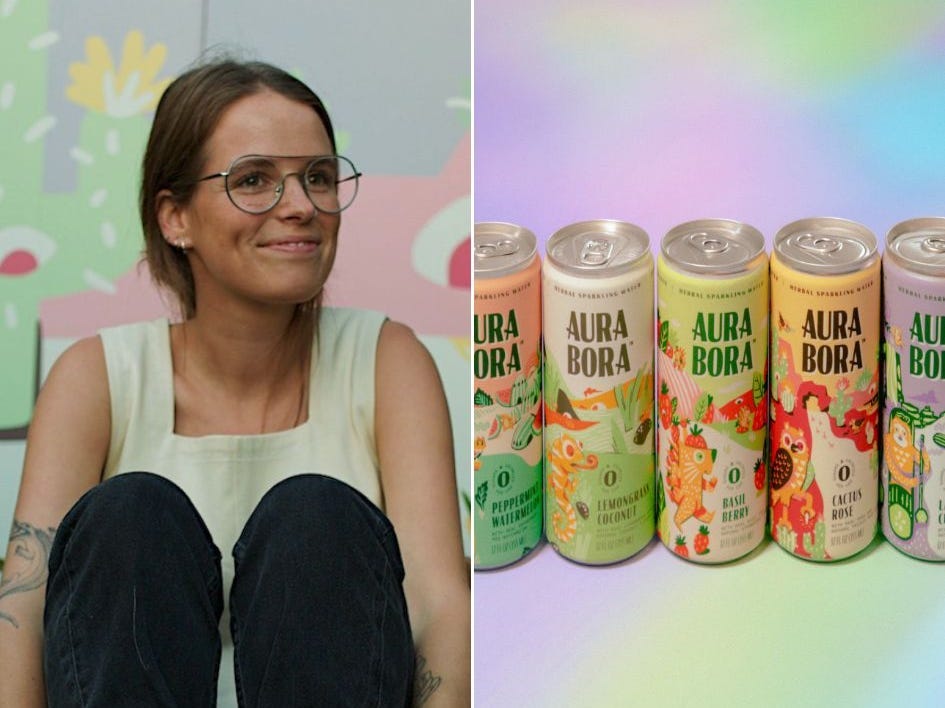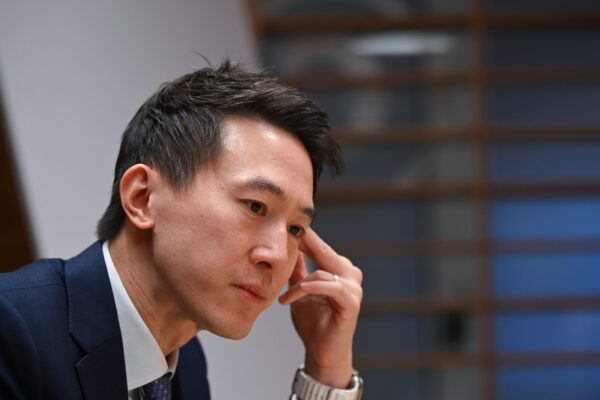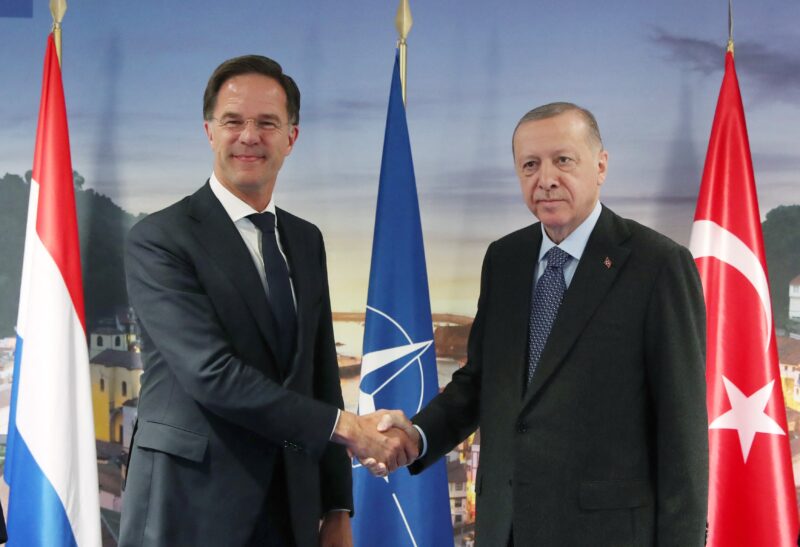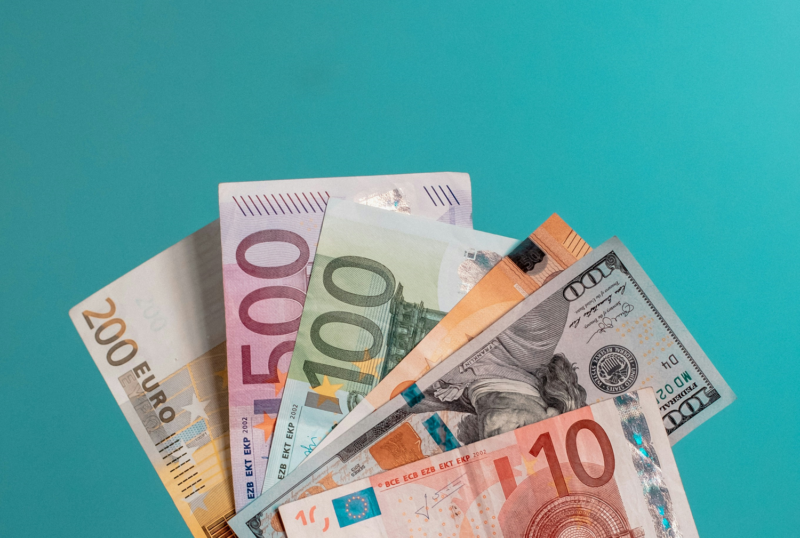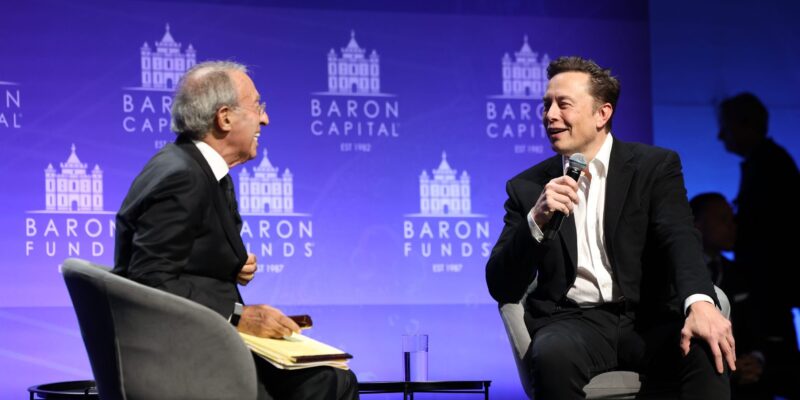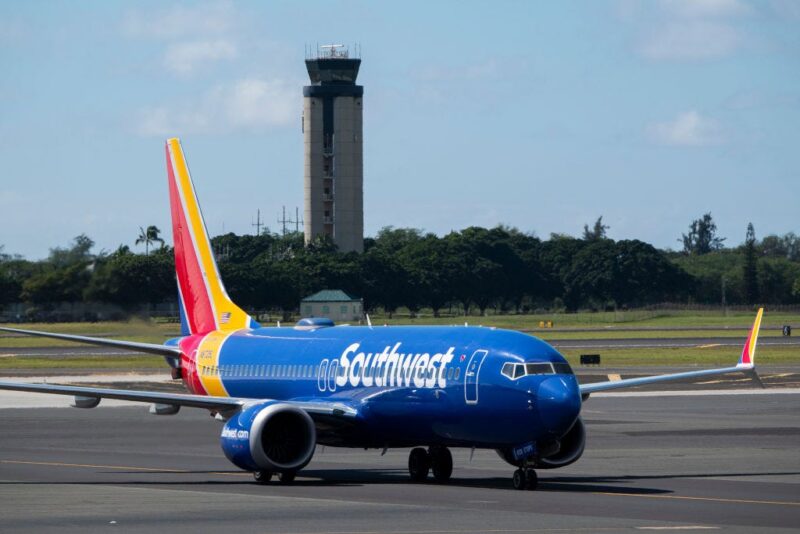- Maddie Voge, 27, is the cofounder of Aura Bora, a sparkling water company she runs with her husband.
- Last year, they secured $2 million in seed funding and also appeared on "Shark Tank."
- Here's what she says starting and growing the business was like, as told to Claire Turrell.
This as-told-to essay is based on a conversation with Maddie Voge, the 27-year-old cofounder of sparkling beverage brand Aura Bora. It has been edited for length and clarity.
When my husband Paul and I first started playing with mixing sparkling water, fresh herbs, and fruit in our kitchen in early 2019, we never imagined that it would turn into a full-time business with a backer from "Shark Tank."
Our love of soda as adults came from having crunchy moms as kids who wouldn't let us drink fizzy drinks. But we didn't enjoy many of the sparkling water flavors available, so we started to make our own at home.
As soon as we muddled crushed fresh basil and frozen strawberries with carbonated water, we knew we'd hit something interesting.
We created four more flavor combinations by mixing fresh cactus with rose petals, lemongrass with coconut, and lavender with fresh cucumber. Not every combination made the cut — frankincense and birch being one.
When we tested different combinations on our friends they'd say, 'You should sell this'
In October 2019, inspired by our friends' enthusiasm, we used our savings to make 1,000 cans of five different flavors. We were living in Denver at the time and took the cans to a trade show in Boulder. The cost of the cans was small enough to put on a personal credit card, but large enough to be stressful if we didn't do well at the show.
Luckily, not only did the customers love them, but we attracted the interest of a buyer for Whole Foods, who became our client a year later.
We also got interest from our first store, a local organic food store, that took our remaining cans.
We immediately started zipping our credit cards and raising money from family and friends to make more cans
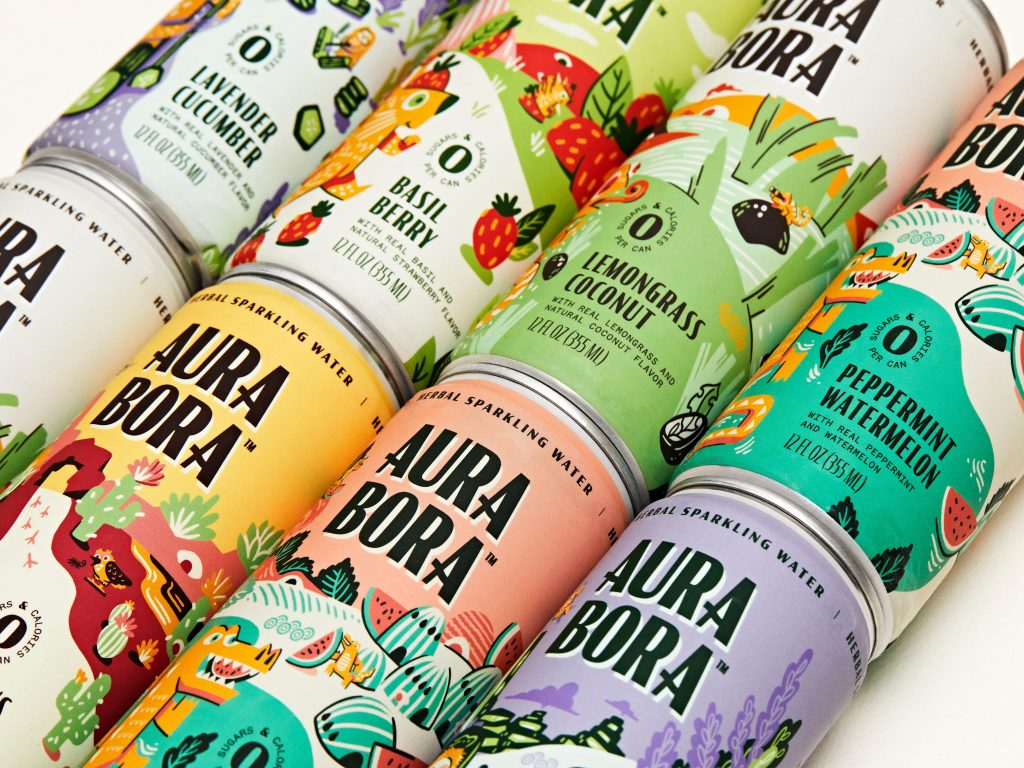
Every day was a learning curve. We didn't know how to make legal nutrition labels, where to get barcodes from, or why grocery stores charged us to be on their shelves. Luckily, other startup owners we met were very generous at answering any of our questions.
In summer 2019, Paul decided to take the leap and leave his job at a venture capital firm. However, I'd just gotten a new marketing job at a tech firm in San Francisco, so we moved to the Bay Area. Paul worked full-time for Aura Bora, while I worked for the brand in the evening and on weekends.
Instead of taking our cans to trade shows in Colorado, we began throwing samples in the trunk of our Subaru and knocking on doors of health food stores in San Francisco. Then a few months later, the pandemic hit and everything changed.
When the pandemic began, people stopped shopping for impulse buys or to try new things
Most shoppers were getting the essentials and going home. Due to supply chain issues, aluminium was difficult to get at one point, so we also had concerns about whether we'd be able to have enough cans from the factories who worked with us to fill our inventory. Deliveries were also hit as the trucking companies needed to give up their space to emergency items.
Despite these challenges, we still managed to fulfil our orders and our deliveries always got to their destination, even if they were slightly delayed.
But being a new brand actually helped us, particularly when the pandemic created a rise in costs for everything from ingredients to shipping. While more solidified brands may have struggled with the rise in costs, we were still young and flexible enough to factor these changes into our business plan and expenses.
There were also fun surprises during the pandemic, such as when we were invited to film an episode for 'Shark Tank' in summer 2020
After we received an email from the TV show's producer asking if we wanted to take part, Paul and I immediately went into overdrive. We watched more than 100 episodes of the show to help prepare for our pitch. When we went on, we got amazing reactions. Robert Herjavec loved our pitch the most and invested $200,000 in our business.
When the program aired in January 2021, we did more in revenue on our website on that day alone than we'd done previously in the entire history of our site. It was a huge moment for us.
Since then, the company has continued to grow. We now manufacture with three factories in the United States and are sold at 2,500 stores across the country. Besides Paul and me, we also now have three employees: a head of commerce, a head of social, and a graphic designer. We've also started creating limited edition flavor drops that are available exclusively on our website.
But as the business has grown we've still been thrown a few curve balls
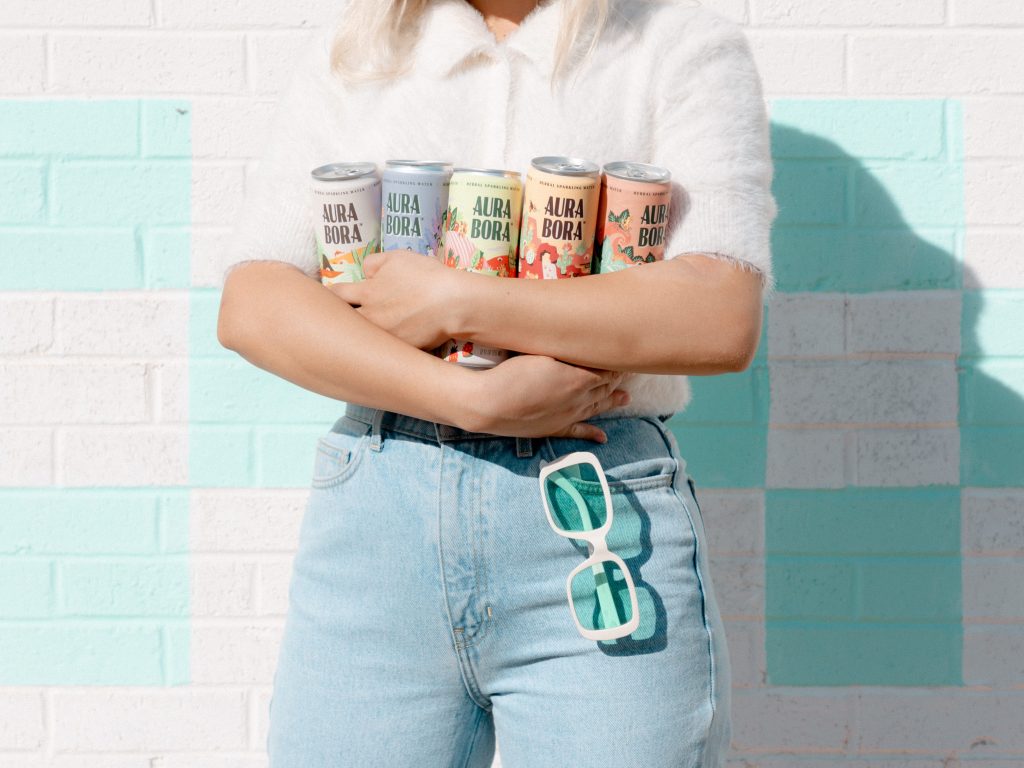
In February 2021, cold weather caused a deep freeze across several regions where we ship Aura Bora waters, which made our cans explode in the back of delivery trucks due to the dramatic drops in temperature. Some customers in Texas said the cans delivered on their doorstep were so cold they'd turned into slushies.
Waking up to an inbox flooded with emails from folks who love our brand saying that their cans had exploded was definitely our most challenging day so far. We immediately started replacing the cans and made a strategy to hold future orders if the temperature were to drop again. Now if we see the weather is changing, we hold onto the shipments and tell customers that they'll arrive the next week once the temperature rises a little.
In 2021, we raised $2 million in seed funding
This funding helped us restock inventory for our contracts with retailers including Whole Foods, Sprouts Farmers Market, and Fresh Thyme.
I left my tech job and joined the team full-time in February 2022. I did hesitate about leaving my job — I wondered what it was going to be like working full time with my husband and I questioned if I had learned enough to do it well. But at the end of the day, I felt I'd learned a lot during my time with the tech company. Paul and I felt ready to work together as a team, and I wanted to play a bigger role in growing the brand I'd helped create.
While we have had tough days, I couldn't be happier. Every time that we release a new flavor and I choose the creature to illustrate for the can and write the decorative haiku, I feel as if I've birthed something into the world.
